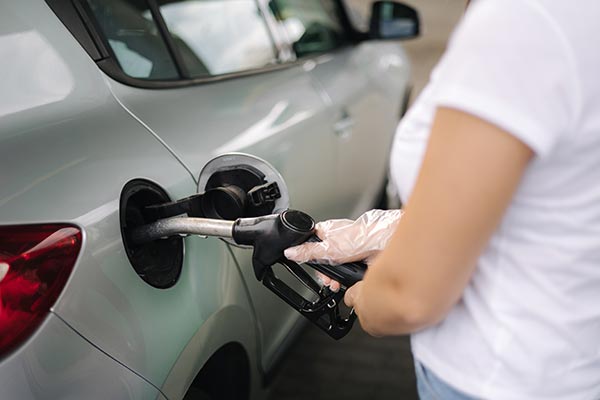 Parler
Parler Gab
Gab
- Massachusetts Senate Majority Leader Cynthia Stone Creem (D-MA) introduced Bill S. 2246 to reduce vehicle miles traveled (VMT) by promoting alternative transportation options like public transit, biking and walking, aiming to minimize reliance on personal vehicles.
- The bill proposes creating a commission to develop strategies for decreasing VMT, with the Department of Transportation (USDOT) setting statewide reduction targets for 2030 and every fifth year thereafter, integrating these goals into the state's climate plans.
- The bill grants the USDOT the power to implement measures, including rules and regulations, to create an equitable and reliable network of non-personal vehicle transportation options, emphasizing the development of walkable neighborhoods and affordable transportation alternatives.
- The proposal faces criticism from groups like the Massachusetts Fiscal Alliance, which argues it could impose undue burdens and track mileage with potential fines. Sen. Michael Barrett expresses skepticism about the bill's complexity and potential bias against rural areas with limited transit options.
Challenges and criticisms
The proposal has not been without its share of critics. The Massachusetts Fiscal Alliance posted a video on May 23 criticizing Creem's bill, arguing that it would impose undue burdens on residents. The alliance's tweet highlighted the potential for the bill to track mileage and impose fines on those who exceed certain limits, framing it as an example of "extreme, out-of-touch policymaking." At a hearing last week, Sen. Michael Barrett (D-MA), Senate co-chair of the Telecommunications, Utilities and Energy Committee, expressed skepticism about the bill. He questioned whether the state was layering too many initiatives on top of each other, potentially complicating rather than clarifying the steps needed to achieve climate goals. Barrett also pointed out the unintended bias against rural Massachusetts, where transit options are limited and people often live far from their workplaces. The Old Bay State has been a leader in climate policy, with ambitious goals to reduce emissions and transition to renewable energy. However, the state faces challenges in implementing these policies, particularly in rural areas where transportation options are limited. In 2008, the state passed the Global Warming Solutions Act, which set binding targets for reducing greenhouse gas emissions. The current bill builds on these efforts, aiming to further reduce emissions by addressing the transportation sector, which was deemed the largest source of emissions in the state. Public response to the bill has been mixed. While some residents support the goals of the legislation, others are concerned about the potential impact on their daily lives. The bill has sparked discussions about the trade-offs between environmental sustainability and personal freedom. The proposal to reduce vehicle miles traveled is a bold step that reflects the urgency of the climate crisis. However, it also raises important questions about the balance between environmental goals and the needs of residents. (Related: Insane EU emissions proposal would require people to buy new cars instead of maintaining existing ones.) Watch the Environmental Protection Agency chief telling climate-crazed Democrats that he refuses to waste tax dollars on "climate alarmism" measures. This video is from the NewsClips channel on Brighteon.com.More related stories:
Study: EV owners have BIGGER CARBON FOOTPRINTS than traditional car owners. Study finds electric vehicles pollute the environment 1,850 times more than gas-powered cars. EPA sets strict and unattainable emissions standards for heavy-duty trucks and buses to "combat climate change."Sources include:
ClimateDepot.com X.com TheGatewayPundit.com Brighteon.comLaura Aboli: Why TRUTH and COURAGE are important in the battle for humanity
By Kevin Hughes // Share
EU Commission opens public consultation on controversial data retention plan
By Laura Harris // Share
Israel vows to annex West Bank, rejects Palestinian statehood amid rising tensions with France
By Laura Harris // Share
Governments continue to obscure COVID-19 vaccine data amid rising concerns over excess deaths
By patricklewis // Share
Tech giant Microsoft backs EXTINCTION with its support of carbon capture programs
By ramontomeydw // Share
Germany to resume arms exports to Israel despite repeated ceasefire violations
By isabelle // Share










